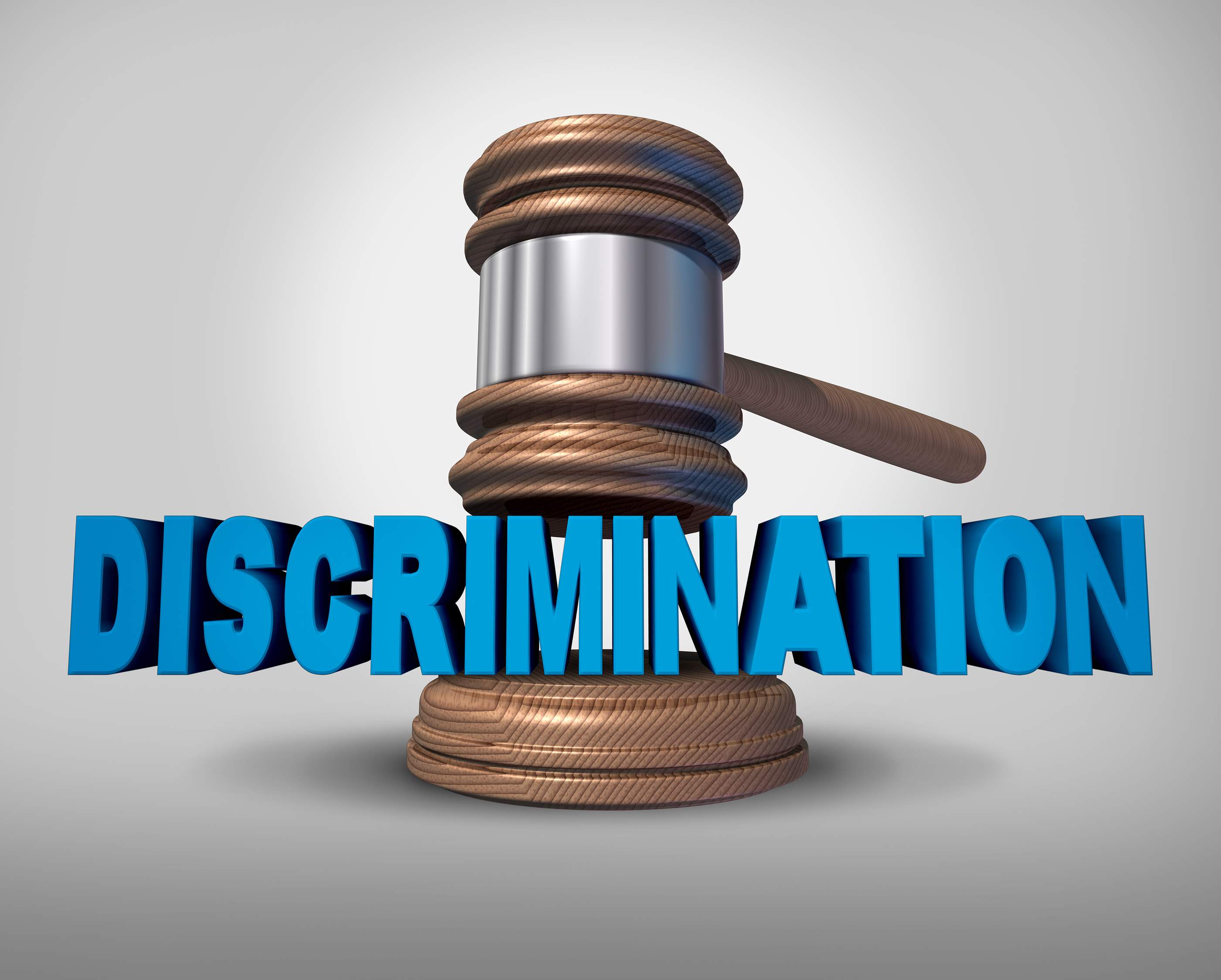In a society that prides itself on equality and fairness, it is disheartening to witness the ongoing discrimination faced by dogs and their people in public spaces. This unjust treatment stems from a combination of ignorance, fear, and prejudice, resulting in a myriad of negative consequences for both dogs and their human companions.
From being denied access to public transportation and businesses to being subjected to harassment and even violence, dogs and their people are often made to feel unwelcome and excluded. This discrimination not only violates their rights but also perpetuates a culture of intolerance and division.
Discrimination Against Dogs and Their People in Public Spaces

Discrimination against dogs and their people in public spaces is a widespread issue that can manifest in various forms. It ranges from subtle biases to overt hostility, impacting both dogs and their human companions.
Examples of discrimination include denying access to public transportation, refusing service at restaurants or businesses, and imposing breed-specific restrictions in parks or housing. Such actions perpetuate negative stereotypes and create barriers to participation in everyday activities.
Impact of Discrimination
Discrimination has significant consequences for dogs and their people. Emotionally, it can lead to feelings of isolation, shame, and frustration. Practically, it limits access to essential services and amenities, reducing quality of life and hindering social inclusion.
Legal Protections Against Discrimination
Discrimination against dogs and their people in public spaces is a serious issue that can have a significant impact on the lives of both animals and humans. Fortunately, there are a number of legal protections available to help combat this problem.
At the local level, many cities and towns have ordinances that prohibit discrimination against dogs and their people in public places. These ordinances typically define discrimination as any action that denies or limits access to public spaces based on the presence of a dog.
Some ordinances also include provisions that protect people from being discriminated against based on their association with dogs, such as being denied housing or employment because they own a dog.
Federal Laws
At the federal level, the Americans with Disabilities Act (ADA) prohibits discrimination against people with disabilities, including those who use service animals. Service animals are defined as dogs that are trained to perform tasks for people with disabilities, such as guiding people who are blind or deaf, or alerting people who have seizures.
The ADA requires businesses and other public places to allow people with service animals to enter and remain on the premises, and to provide reasonable accommodations for the animals.
Challenges and Limitations
While these laws provide important protections against discrimination, there are still a number of challenges and limitations to their enforcement. One challenge is that many people are simply unaware of the laws that prohibit discrimination against dogs and their people.
Another challenge is that some businesses and other public places may be reluctant to comply with the laws, fearing that allowing dogs on the premises will create a nuisance or disturbance.
Despite these challenges, the legal protections that are available can be a valuable tool for combating discrimination against dogs and their people. By educating the public about these laws and by holding businesses and other public places accountable for their actions, we can help to create a more inclusive and welcoming society for all.
Strategies to Combat Discrimination
Combating discrimination against dogs and their people in public spaces requires a multifaceted approach that includes education, awareness campaigns, and community engagement. By raising awareness about the issue, fostering empathy, and promoting inclusive policies, we can create a more welcoming and equitable society for all.
Education
Education is crucial in changing attitudes and promoting understanding. Schools, community centers, and dog-friendly organizations can play a vital role in educating the public about the importance of responsible dog ownership, the benefits of dogs in our lives, and the rights of dog owners.
Educational campaigns should focus on dispelling myths and stereotypes, promoting positive interactions between dogs and people, and fostering a culture of respect and inclusivity.
Awareness Campaigns
Awareness campaigns can raise the profile of discrimination against dogs and their people, generate public support for anti-discrimination measures, and encourage people to speak out against prejudice. These campaigns can use various channels, such as social media, print and online advertising, and community events, to reach a wide audience.
By sharing personal stories, highlighting the impact of discrimination, and providing resources for reporting incidents, awareness campaigns can galvanize the community and drive change.
Community Engagement
Community engagement is essential for building support and implementing effective anti-discrimination strategies. Local governments, businesses, and community organizations can work together to create dog-friendly spaces, promote responsible dog ownership, and address concerns related to dog behavior. Community engagement can involve initiatives such as dog parks, leash-free zones, pet-friendly businesses, and training programs for both dogs and their owners.
By fostering a sense of community and shared responsibility, we can create a more welcoming environment for dogs and their people.
The Importance of Inclusivity and Accessibility

Creating inclusive and accessible public spaces is crucial for dogs and their people to enjoy shared experiences and foster a sense of belonging in the community. By providing designated areas for dogs, such as dog parks and off-leash zones, we acknowledge their need for socialization, exercise, and mental stimulation.
These designated areas promote responsible dog ownership, reduce conflicts with other park users, and provide a safe and controlled environment for dogs to interact and play.
Benefits of Designated Dog Areas
*
-*Improved socialization
Dog parks offer a dedicated space for dogs to interact and socialize with each other, which is essential for their physical and mental well-being.
-
-*Increased exercise opportunities
Off-leash zones allow dogs to run, play, and engage in physical activities, which are crucial for their health and fitness.
-*Reduced conflicts
Designated dog areas help separate dogs from other park users, minimizing potential conflicts and ensuring the safety of all individuals.
-*Enhanced community engagement
Dog parks and off-leash zones create opportunities for dog owners to connect and socialize, fostering a sense of community and belonging.
-*Improved dog behavior
Designated areas provide a controlled environment where dogs can learn appropriate social behaviors and reduce anxiety or aggression towards other animals or people.
Last Point
It is imperative that we challenge and dismantle the discriminatory practices that have become normalized in our society.
By raising awareness, educating the public, and advocating for legal protections, we can create a more inclusive and just world for all, where dogs and their people are treated with the respect and dignity they deserve.
FAQ Corner
What are the most common forms of discrimination faced by dogs and their people in public spaces?
Denial of access to public transportation, businesses, and parks; harassment and intimidation; physical violence; and breed-specific restrictions.
What are the legal protections available to dogs and their people against discrimination?
The Americans with Disabilities Act (ADA) protects service animals and their handlers from discrimination in public places. Some states and municipalities have also enacted laws that prohibit discrimination against all dogs and their people.
What can individuals do to combat discrimination against dogs and their people?
Educate themselves and others about the issue; support businesses and organizations that are inclusive of dogs; and report incidents of discrimination to the appropriate authorities.




